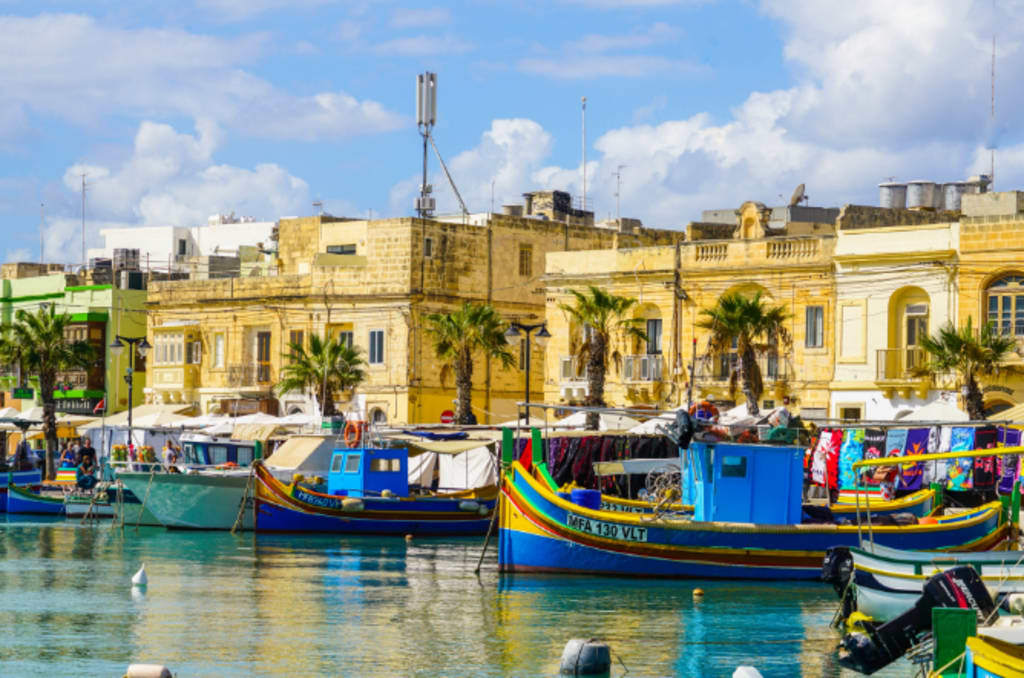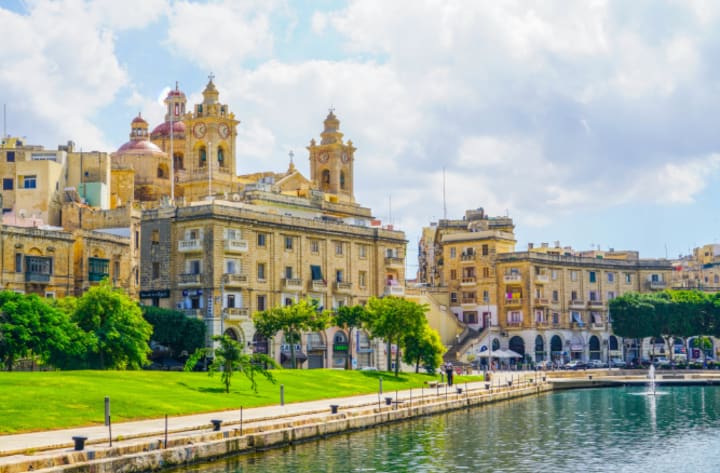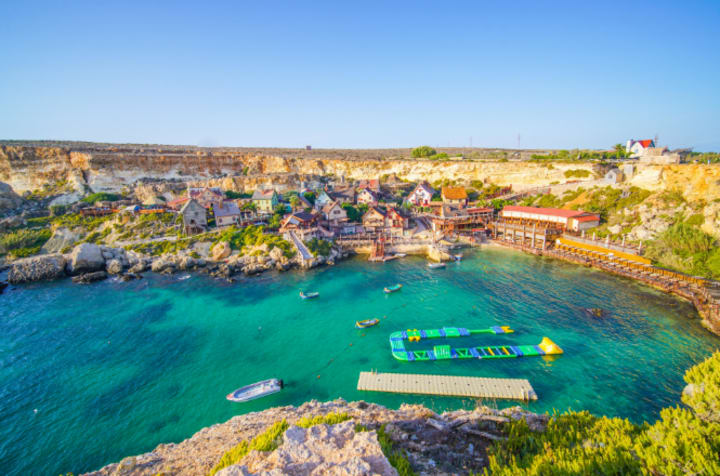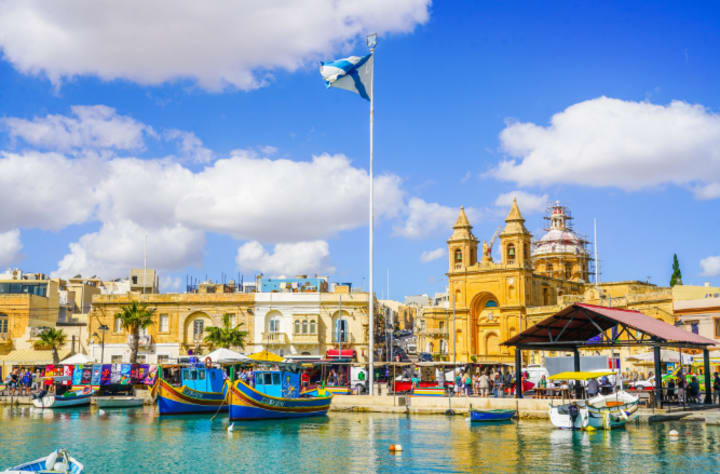
If someone asks you, what kind of country is Malta? I believe most people will be at a loss for words. Among the many European countries, this small country in the Mediterranean Sea is hardly known. However, it is such a small country with a population of only a few hundred thousand that has a title in the long history of Europe: the heart of the Mediterranean.
We know that the Mediterranean coast is one of the most economically and culturally active areas in human history, and there are many natural harbors along the coastline, which shows how busy the shipping is. Therefore, if merchant ships from Europe and Asia want to commute in the Mediterranean region, passing through the Strait of Gibraltar and the Suez Canal is the most time-saving, labor-saving and economical way. As for the warships of the monarchs, this kind of strategic approach is even more needed. And no matter what kind of ship it is, there is a high probability that it will pass through Malta when taking this route. As a result, controlling Malta will be able to control the navigation rights of this route in disguise, and thus generate huge political and economic benefits. Therefore, in the era of the rise of heroes, if you want to control the Mediterranean, you must win Malta. It is also the fate of this battleground that has allowed Malta to change repeatedly in different regimes, creating its unique cultural characteristics.

If you briefly understand the history of Malta, you will find an interesting phenomenon: although the Maltese look very similar to southern Europeans, they speak a somewhat "strange" language. From a biological point of view, the Maltese belong to the Europa race, just like the Sicilian people on the other side of the sea, but in fact, the island of Malta has successively suffered from Greeks, Romans, Vandals, Goths, Byzantines, Arabs, The Normans, Spaniards, Turks and many other Asian and European races rule, so their ethnic origins are relatively mixed. As for Maltese, I thought it should be the closest to Italian, but in fact, Maltese has its earliest roots in Carthaginian, and with the subsequent rule of the Arabs, a large number of Arabic has been incorporated into its language. Elements, until now Maltese can still talk to Arabs in North Africa in general, and in modern times, Maltese has incorporated a large number of foreign words in Italian, French and English. This innate language advantage allows today's Maltese to communicate fluently in English, Maltese and Italian with people from Europe, America and North Africa.

Today, Malta is a Catholic country. Although the island is not large, there are Catholic churches all over the island. Even in the inaccessible countryside, there are large-scale churches. However, the rule of Roger II did not bring long-term peace to Malta. In 1192, the Sicilian admiral Margarito captured Holy Roman Queen Constance (daughter of Roger II, who was in Sicily from 1194 to 1198). The reigning queen, who received the title of Empress of the Holy Roman Empire after her marriage to Henry VI), was made the first Earl of Malta by King Tancred (the penultimate king of the Norman dynasty of Sicily). In 1283, in the Vespers War of Sicily, Roger, the famous general of the Kingdom of Aragon, defeated the Naples navy in the Battle of Malta and captured Malta for the Kingdom of Aragon, but Malta enjoyed a certain degree of autonomy. From the above timeline, it is not difficult to see that Malta, as a strategic location, is frequently scrambled by various European forces, and "changing the sky and changing owners" has become a common occurrence for the local people.

As the military center of successive empires in the Mediterranean Sea, there are many military castles in Malta. After the Second World War, the national strength of the United Kingdom gradually weakened, and Malta also took the opportunity to get rid of British control: in February 1964, the United Kingdom agreed to Malta's will for independence. As an additional condition, Malta agreed that the British garrison could continue to be stationed on the island for 10 year. It was also at that time that this small Mediterranean island, which had been volatile for a long time under the rule of various empires, had a truly independent "national character".
About the Creator
Sinovita
This is Sinovita! I have been freelance writing for more than 10 years. I love traveling and writing. I feel writing is a natural record of true feelings after serious life, and life is always a better script than a movie.






Comments
There are no comments for this story
Be the first to respond and start the conversation.